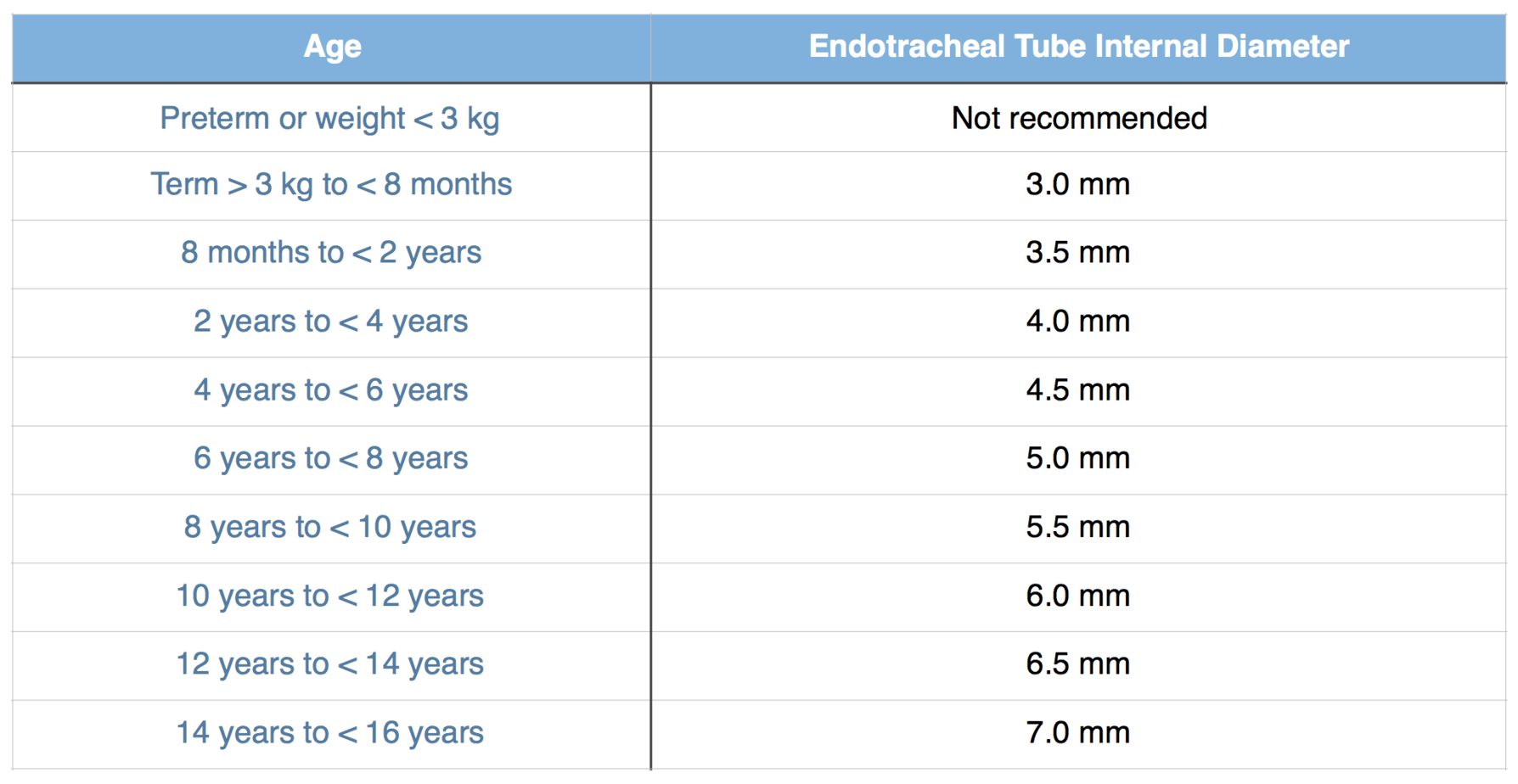Why Veterinary Testing Matters for Your Pets
Why Veterinary Testing Matters for Your Pets
Blog Article
Our furry friends are part of our lives, and keeping them healthy is essential. Testing facilities for pets are invaluable resources in monitoring wellness for dogs, cats, and other pets.
In this discussion, we’ll examine how diagnostic testing supports pet health and show how labs work with vets.
Understanding Pet Diagnostic Centers
Animal health testing facilities are specialized centers for testing biological materials. Vets rely on their findings to tailor care to the pet’s needs.

How it works usually includes:
- Collecting pet health data: Tissue or fluid samples are gathered during visits.
- In-depth testing: Technicians and machines analyze the findings.
- Providing actionable data: Labs share results with veterinarians for proactive solutions.
Common Veterinary Tests for Dogs and Cats
Veterinary labs offer many tests to address medical issues. Common exams include:
- Biochemical screens: Detect anemia or chronic conditions.
- Urine diagnostics: Spot urinary tract infections.
- Parasite checks: Spot signs of infections.
- Dermatological diagnostics: Identify irritants.
- Structural health assessments: Spot fractures or injuries.
The Benefits of Veterinary Testing
Routine diagnostics ensures better outcomes. Through these tests, you can prevent serious conditions.

Why diagnostics matter include:
- Effective treatments: Recovery chances improve.
- Lower medical expenses: Ongoing health is monitored affordably.
- Assurance about pet health: Regular tests keep you informed.
laboratorio exames veterinarios
laboratorio exames veterinarioslaboratorio de exames veterinarios
The Value of Diagnostics for Pet Owners
Pet health labs are vital for protecting the health of dogs and cats. Through proactive diagnostics, you ensure your pets are healthy.
Act now to safeguard your pet’s future and ensure their happiness and longevity!
Report this page